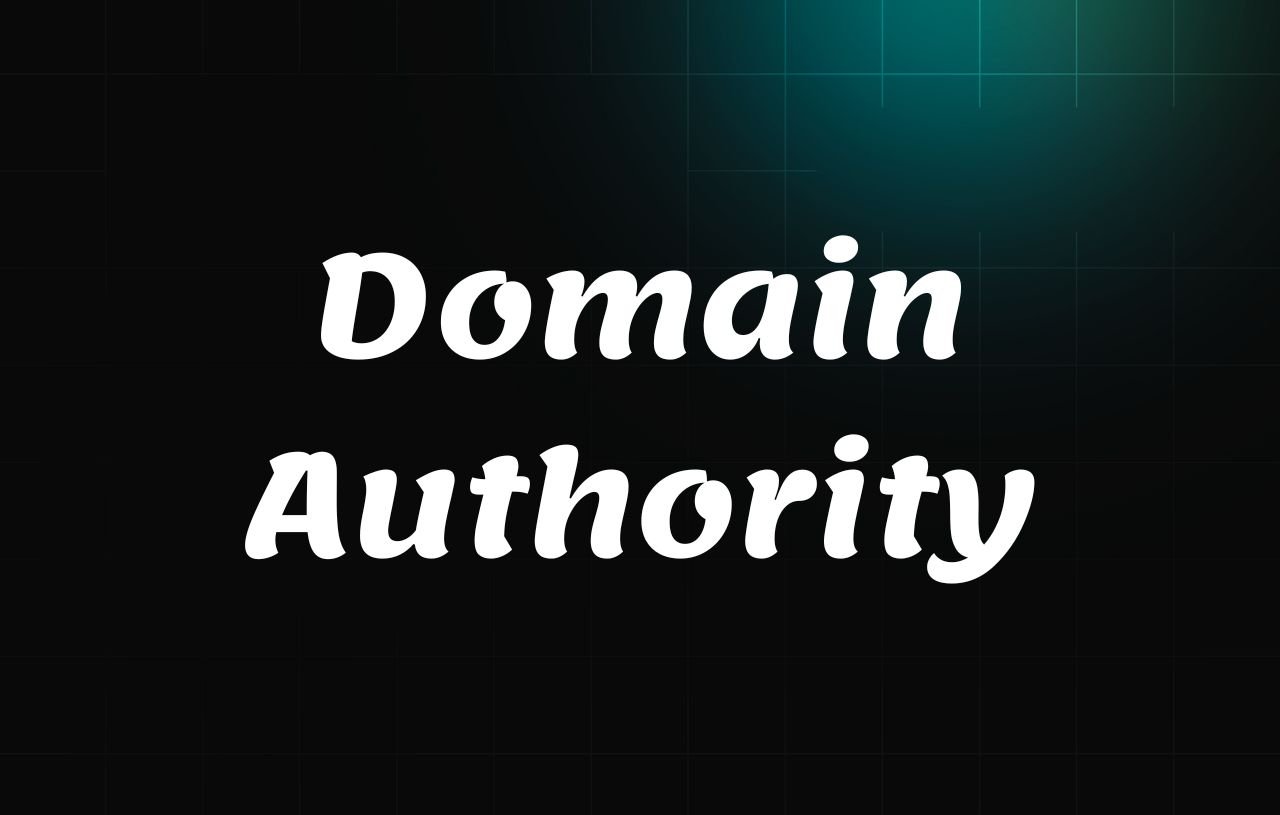Domain Authority, often abbreviated as DA, is a metric developed by Moz, a prominent SEO software company. It is used to gauge the relative strength and credibility of a website within the context of search engine rankings. Essentially, DA assigns a numerical score to a website, which can range from 1 to 100, with higher scores indicating a greater potential to rank well on search engine result pages (SERPs).
How is Domain Authority Calculated?
Moz calculates Domain Authority using a complex algorithm that takes various factors into account. While the exact details of the algorithm remain a closely guarded secret, we know that it primarily considers:
1. Link Profile:
The number of backlinks pointing to a website.
The quality and authority of those backlinks.
The diversity of the linking domains.
2. On-Page Factors:
The overall optimization of the website's content.
The relevance and quality of the keywords used.
The user experience and website performance.
Social Signals:
The engagement and visibility of the website on social media platforms.
4. Brand Signals:
How well the website is recognized and associated with a specific brand or entity.
The Significance of Domain Authority
Now that we understand how DA is calculated, let's delve into why it matters:

1. Competitive Analysis:
DA allows you to compare your website's authority with that of your competitors. This insight helps you identify areas for improvement and formulate a more effective SEO strategy.
2. Search Engine Rankings:
Websites with higher DA scores generally have a better chance of ranking well on SERPs. Improving your DA can lead to higher organic traffic and visibility.
3. Link Building:
Websites with high Domain Authority scores are attractive to other webmasters and bloggers for link-building opportunities. Quality backlinks can further boost your DA and SEO efforts.
4. Trust and Credibility:
A high DA score can enhance your website's trustworthiness and credibility in the eyes of both search engines and users.
How to Improve Your Domain Authority
While improving your DA is a long-term endeavor, there are several strategies you can implement:

1. High-Quality Content:
Create valuable, engaging, and informative content that naturally attracts backlinks.
2. Link-Building:
Focus on building high-quality, relevant backlinks from authoritative websites.
3. On-Page SEO:
Optimize your website's on-page elements, including meta tags, headings, and image alt text.
4. Social Media Engagement:
Promote your content on social media platforms to increase visibility and attract traffic.
5. Technical SEO:
Ensure your website is technically sound, with fast load times, mobile optimization, and secure browsing.
Conclusion
Conclusion
In the ever-evolving world of digital marketing and SEO, Domain Authority stands as a crucial metric that can significantly impact your website's success. Understanding what it is and how it works is the first step toward leveraging its power to improve your online presence, outrank competitors, and establish your website as a trusted authority in your niche. So, whether you're a business owner, blogger, or digital marketer, keep an eye on your Domain Authority and use it as a valuable tool to guide your online strategy and success.
